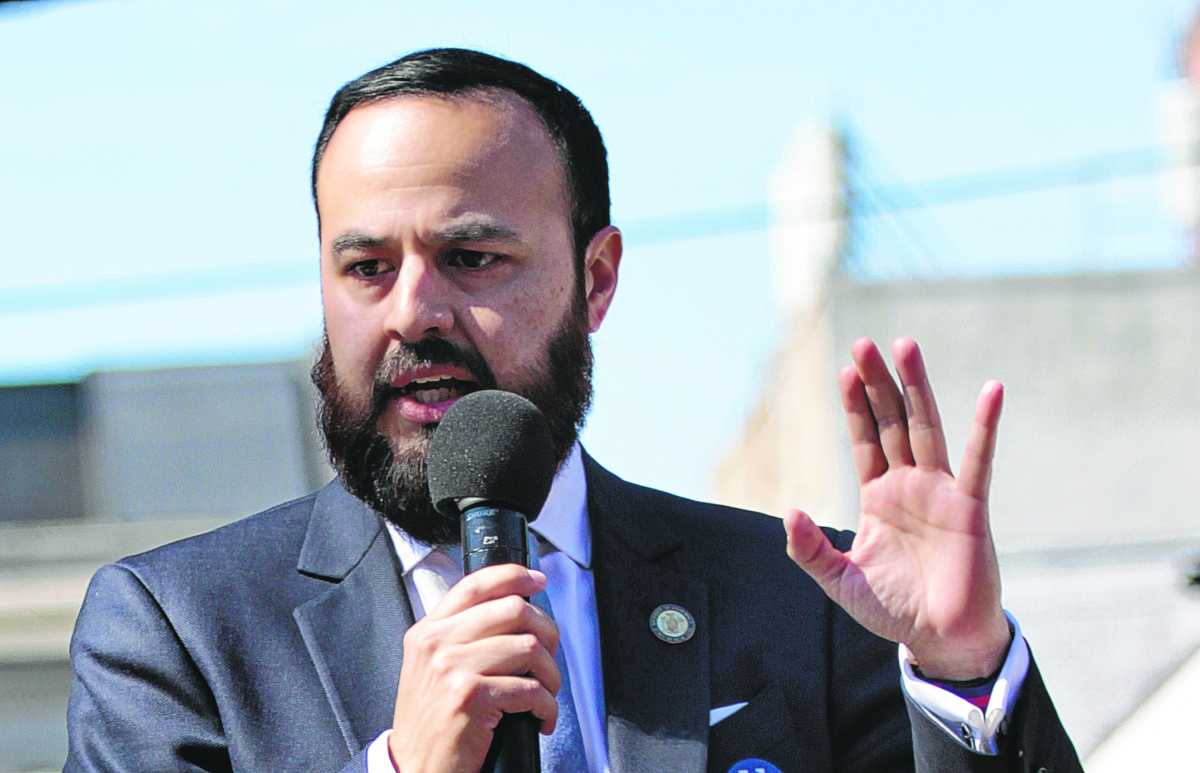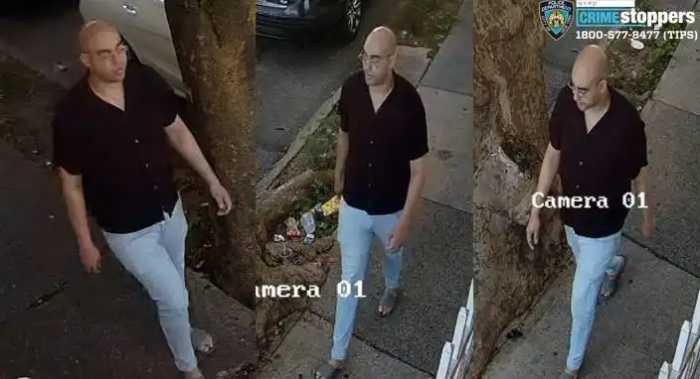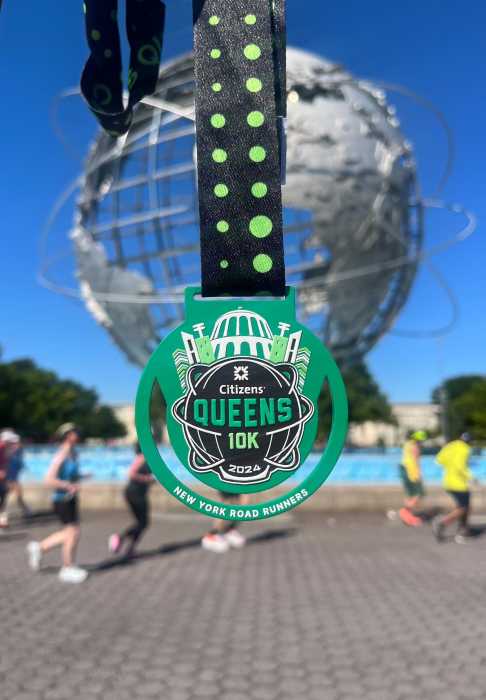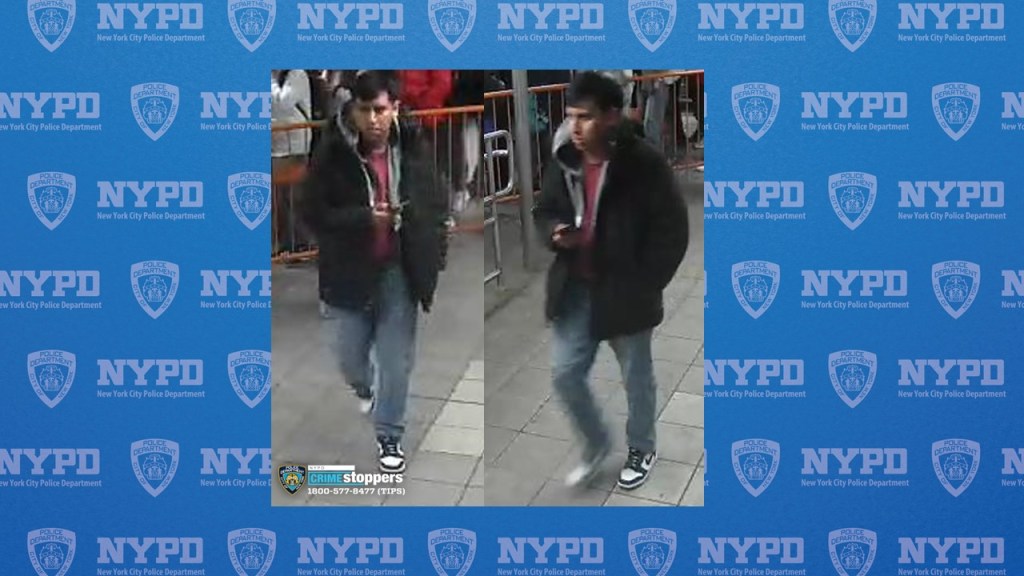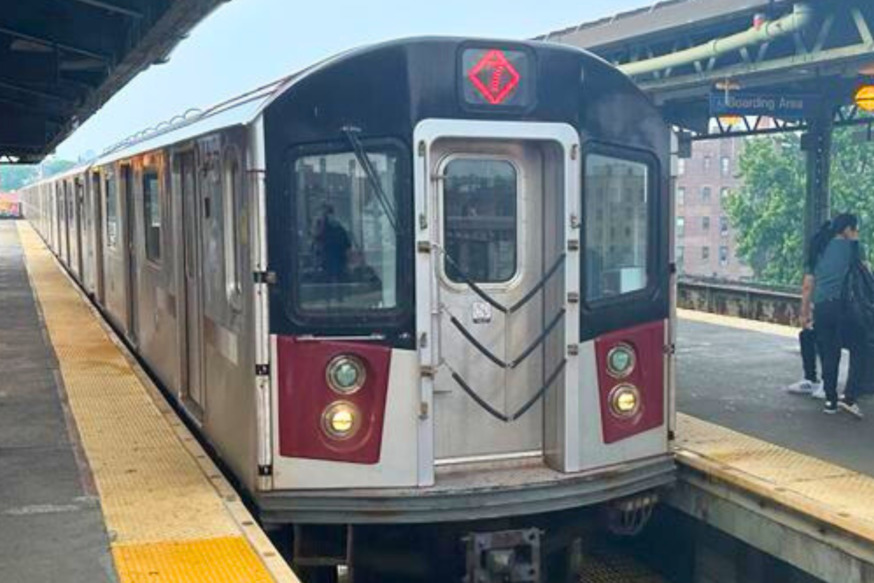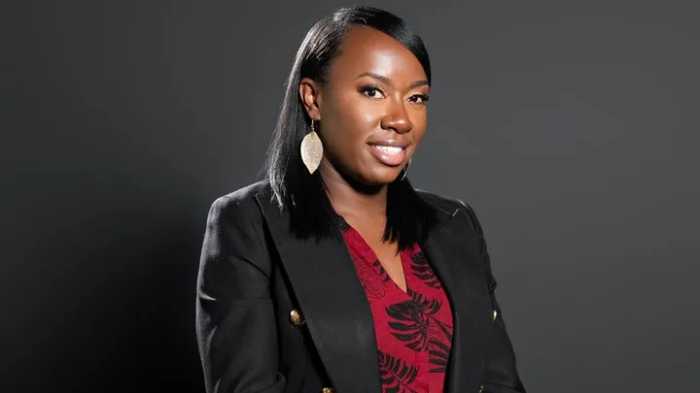BY FRANCISCO MOYA
The ambulance sirens never stop in Corona.
A month ago, our streets were filled with the sound of soccer games playing in Latin American restaurants and bachata music coming from Dominican barber shops. Now it’s the whine of emergency sirens that hangs in the air.
It’s inescapable. You hear them getting louder as ambulances race through the neighborhood, and then softening as COVID-19 patients are carried away, down the street to Elmhurst Hospital.
Some people have asked how to keep from getting numb to the “staggering” number of cases. Indeed, the numbers are stunning. As of Monday morning, Queens had more than 33,468 positive cases and nearly 2,000 deaths. If the borough were its own state, it would have the third most cases and deaths in the country behind only New York and New Jersey. The death rate in the “World’s Borough” matches the global mortality rate of 6 percent — higher than both the U.S. and New York rates.
Yes, the figures are staggering, but nobody in my community is numb to them. Each siren is for a neighbor, a friend, a family member.
Early on, after we knew the pandemic would come to New York City but before we could appreciate the ferocity with which it would spread, the disease was talked about as an equalizer. It didn’t respect our borders or your station in life. Nobody was immune and everyone needed to take it seriously.
That’s about when we saw the exodus of wealthy residents from the city to their second homes outside the epicenter. Most of us stayed here and worked from home. But those who couldn’t do either — the frontline workers who stock grocery stores and warehouses, deliver food and supplies, the healthcare support staff and building maintenance employees — they kept working. And they kept getting sick.
This is why COVID-19 hit low-income neighborhoods like mine the hardest. It’s true that nobody is immune but the idea that we’re all just as vulnerable as each other is a lie. This is an equal opportunity disease that unequally affects those with the fewest opportunities.
Why? It’s about the jobs people in our community work. Latino and black Americans are more likely to work in the service or hospitality industry — jobs that can’t be done remotely. These jobs are typically low-paid (despite their essential nature) and come with a higher risk of exposure.
It’s about access to health care. Between 2010 and 2018, Hispanics and blacks were 2.5 and 1.5 times, respectively, more likely to be uninsured than whites, according to a Kaiser Family Foundation study published last month.
It’s about our neighborhoods. We live in dense communities and multigenerational family households. If one resident gets infected, the disease roars through home attacking, partners, kids, parents or siblings.
It’s also cultural. Latinos can’t say no to a family gathering. We say hello with a hug and a kiss and crowd around a dinner table. What makes us vibrant also made us vulnerable.
These dynamics are apparent in the data, now confirming what some of us saw coming back in March — that the pandemic is disproportionately killing Latino and black New Yorkers.
Many undocumented immigrants face an additional tragic reality. One of the most devastating issues that I’m hearing about from constituents is undocumented New Yorkers who have lost loved ones to the disease but can’t afford to make final arrangements.
For other low-income New Yorkers, the New York City Human Resources Administration offers burial assistance up to $900. To qualify, however, the applicant must provide social security numbers for themselves and the deceased, effectively barring undocumented immigrants from eligibility.
That’s why I’m working with Speaker Corey Johnson to create an emergency fund to help these families put their loved ones to rest. We’re determined to make sure we’re there for all New Yorkers in need during this time, regardless of their immigration status.
This crisis isn’t forever. The good news is that the number of cases and the rate of hospitalizations are starting to fall. We’ll get through this nightmare and when we do, we’ll have health care professionals and working-class heroes defending the frontline to thank. I’m humbled and inspired by the selflessness and bravery they’ve displayed since day one of the outbreak.
I can’t wait for Queens to sound like home again — when FC Barcelona games and Latin music replace the sirens. They will, though. Until then, we all have a part to play in realizing that future. That means staying home and away from others if we can and making sure that those who can’t have the protections they need to keep this city on life support. And if and when the worst happens, we have to live up to the standard we’ve set: We’re all in this together.
Council Member Francisco Moya represents the 21st District in Queens, encompassing East Elmhurst, LeFrak City, a section of Jackson Heights and Corona, where he was born, raised and lives today.

